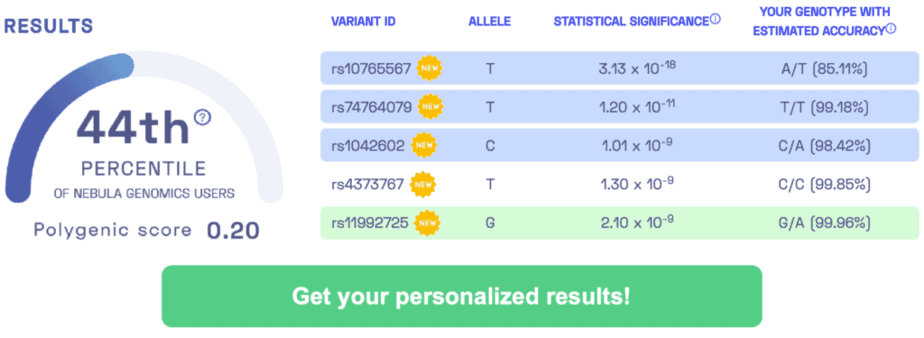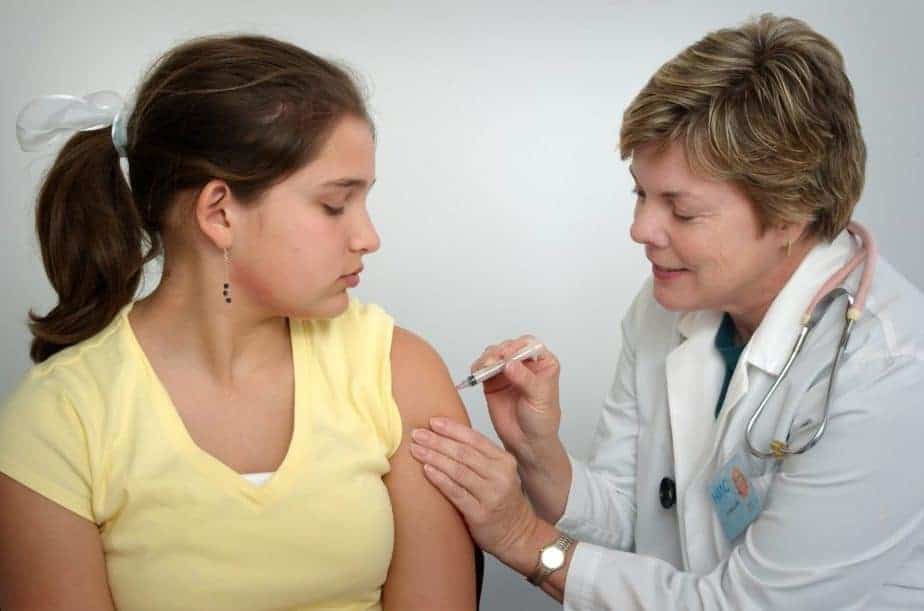STUDY TITLE: Common variants associated with general and MMR vaccine–related febrile seizures
SUMMARY: Identification of 6 genetic variants associated with febrile seizures.
OVERVIEW: In small children, high fevers can induce convulsions, causing uncontrollable shaking and loss of consciousness. This condition is known as febrile seizures and is a terrifying experience for many parents. However, they are typically harmless and also quite common, affecting 2 – 9% (depending on ethnicity) of children before the age of 5. Because the condition is caused by fever, they can occur after vaccinations. Fever is a relatively common response to vaccinations with the measles, mumps, and rubella (MMR) vaccine. Because little is known about genetic predisposition to febrile seizures, in particular in response to the MMR vaccine, this study examined genomes of nearly 9,000 children of European descent to identify contributing genetic factors. The study discovered 2 genetic variants associated with MMR-related febrile seizures and 4 more variants linked to the condition in general. One of the identified variants is near a gene that plays a role in the immune response to viral infections. Another variant is near a gene that encodes for a receptor that is used by the measles virus to enter cells.
DID YOU KNOW? Most children who have febrile seizures do not need treatment with drugs against seizures. The best way to respond to febrile seizures is to place the child on their side on a protected surface and watch them carefully. However, it’s important to understand the reason for the fever and treat it accordingly. [SOURCE]
SAMPLE RESULTS: Learn more about the Nebula Research Library.

FEBRILE SEIZURE-ASSOCIATED VARIANTS: rs114444506, rs6432860, rs273259, rs11105468, rs1318653, rs3769955
ADDITIONAL RESOURCES:
Febrile seizures fact sheet
Febrile seizures (Video)
WEEKLY UPDATE: April 21, 2020
